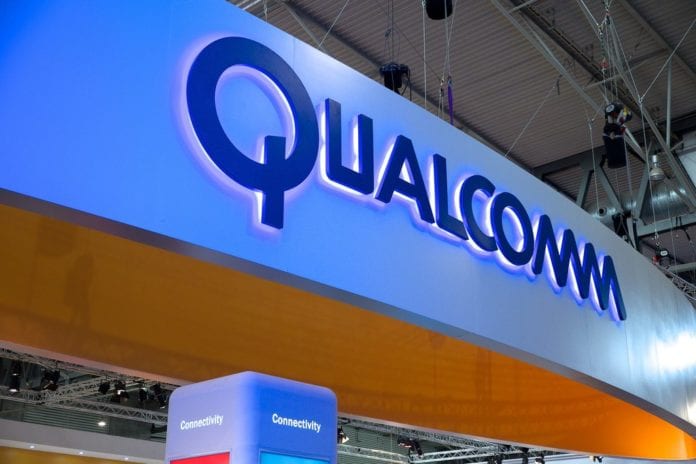Is new 5G SoC a first look at Snapdragon 855?
As it continues to drive device support for 5G, Qualcomm this week announced it is sampling its next-generation 5G SoC to OEMs. While the San Diego company didn’t name the 7-nanometer system on a chip, Qualcomm described the new SoC as its “upcoming flagship mobile platform.”
In December last year at an event in Hawaii, Qualcomm unveiled the Snapdragon 845 SoC. As to speculation the new 5G SoC will be named as the Snapdragon 855 mobile platform, consider Lenovo VP Chang Cheng’s since-deleted Weibo post which said the equipment manufacturer is using Snapdragon 855 to develop “the world’s first 5G mobile phone.”
Qualcomm said details of the 5G SoC will come out in the fourth quarter.
“We are very pleased to be working with OEMs, operators, infrastructure vendors, and standards bodies across the world, and are on track to help launch the first 5G mobile hotspots by the end of 2018, and smartphones using our next-generation mobile platform in the first half of 2019,” Cristiano Amon, president, Qualcomm Incorporated, said. “Qualcomm Technologies’ continued leadership in research and engineering allows for a future of increased innovation across multiple sectors as 5G connectivity becomes ubiquitous.”
Also on the 5G device front, Qualcomm worked with Motorola on the moto z3, which on its own is a gigabit LTE device. But, with the addition of a clip-on 5G mod, containing Qualcomm’s X50 5G modem and millimeter wave antenna modules, the moto z3 can connect to millimeter wave 5G networks, like those being deployed by device launch partner Verizon.
The Snapdragon 845, which powers more than 100 smartphones, is a 10-nanometer process and is paired with an X20 modem capable of pushing a peak download speed of 1.2 Gbps and peak upload speed of 150 Mbps.
In the 5G SoC announcement, Qualcomm said the new mobile platform “can be paired with the Qualcomm Snapdragon X50 5G modem, which is expected to be the first 5G-capable mobile platform for premium tier smartphones and other mobile devices.” The X50 supports peak download speeds of 5 Gbps.
An interesting note: The X50 is manufactured using a 10-nanometer process raising questions about how, or if, the X50 will be integrated with the 7-nanometer, forthcoming 5G SoC. For a closer look at that topic, check out this piece from WCCFTech.

